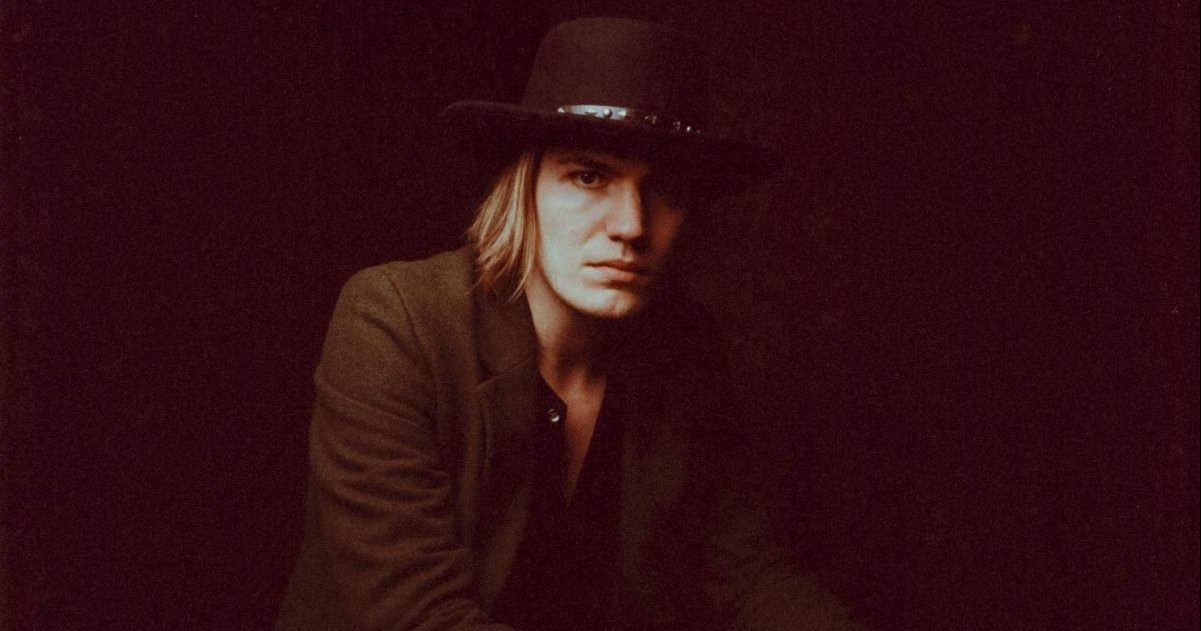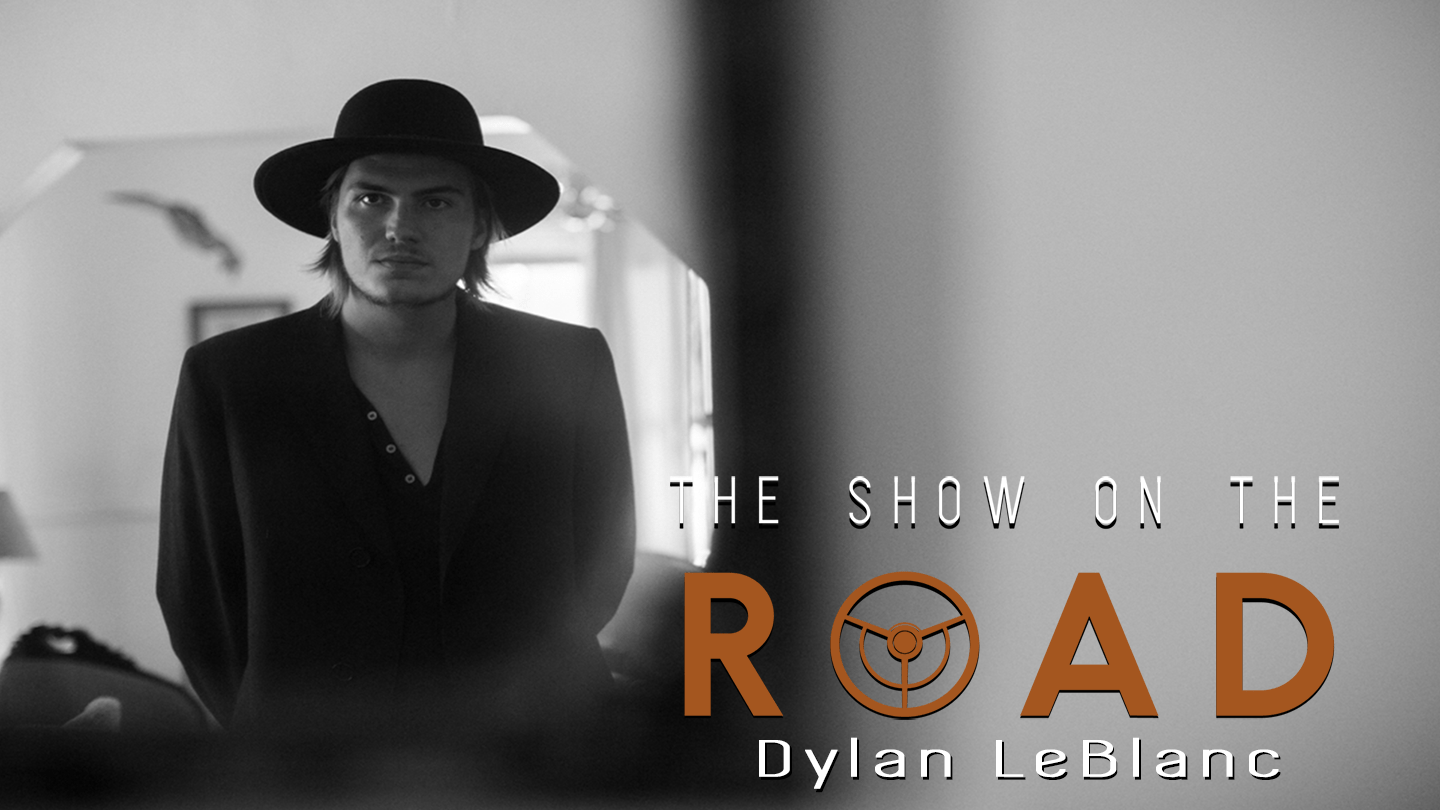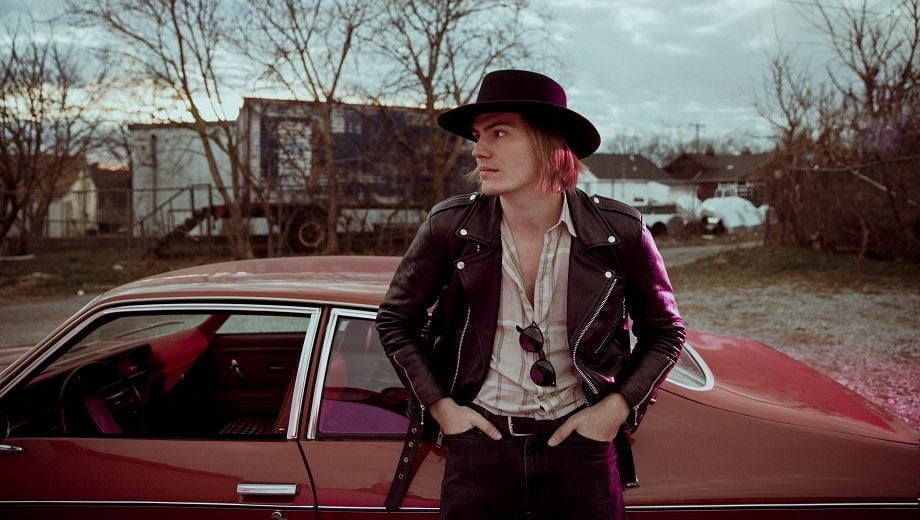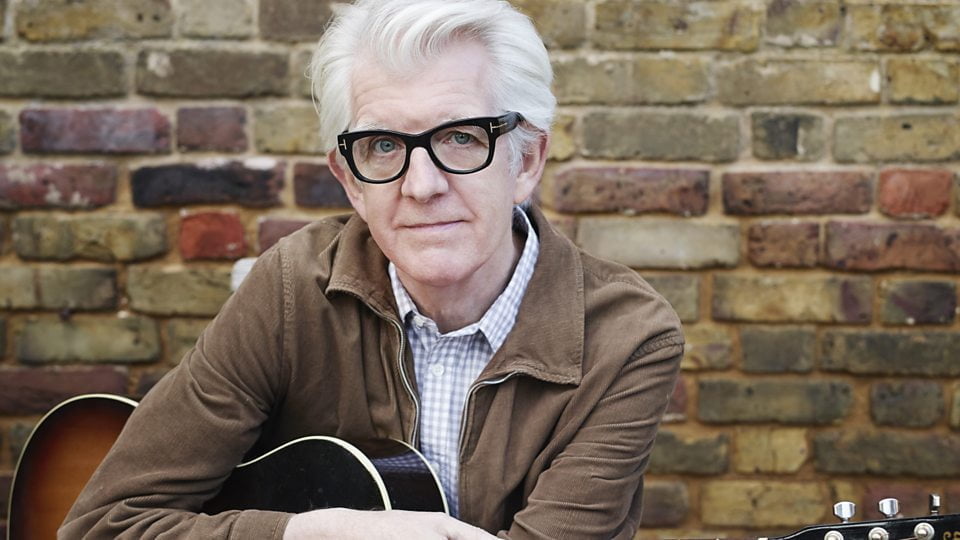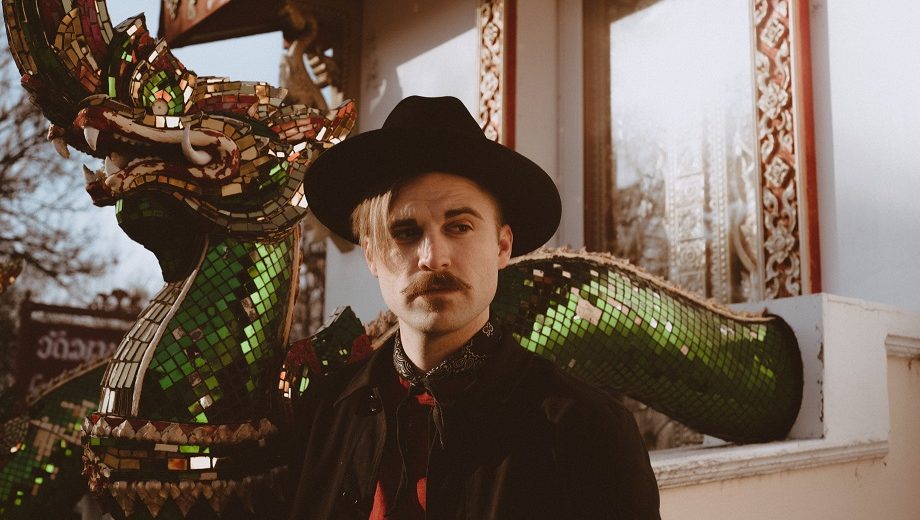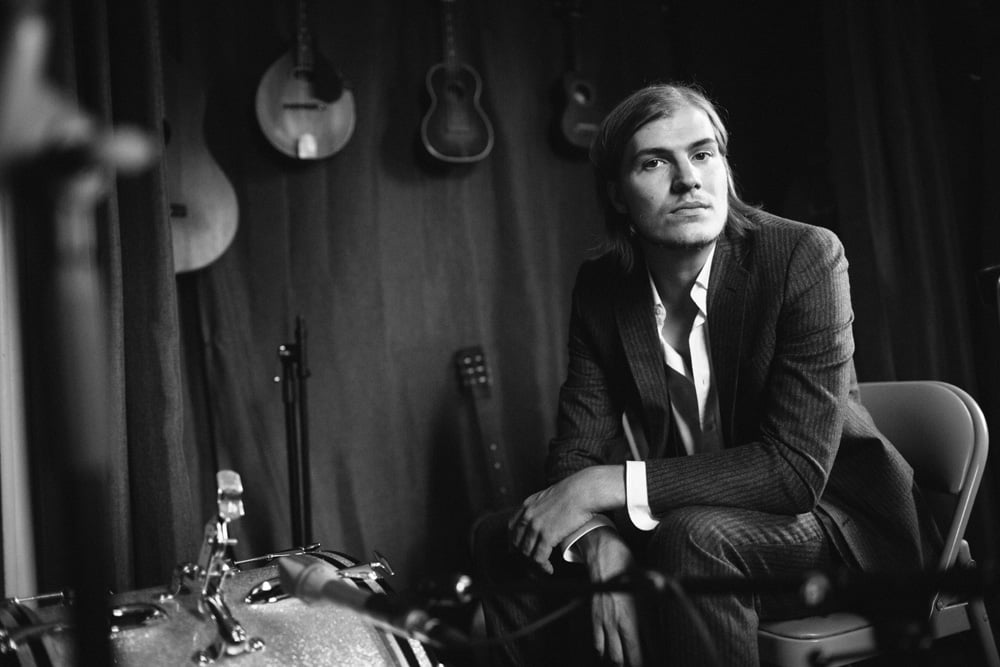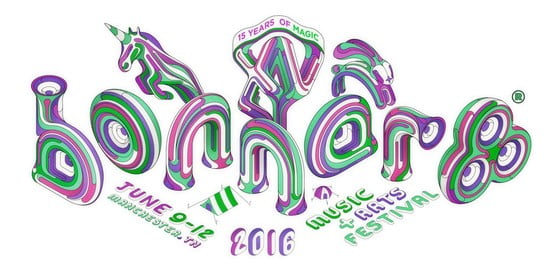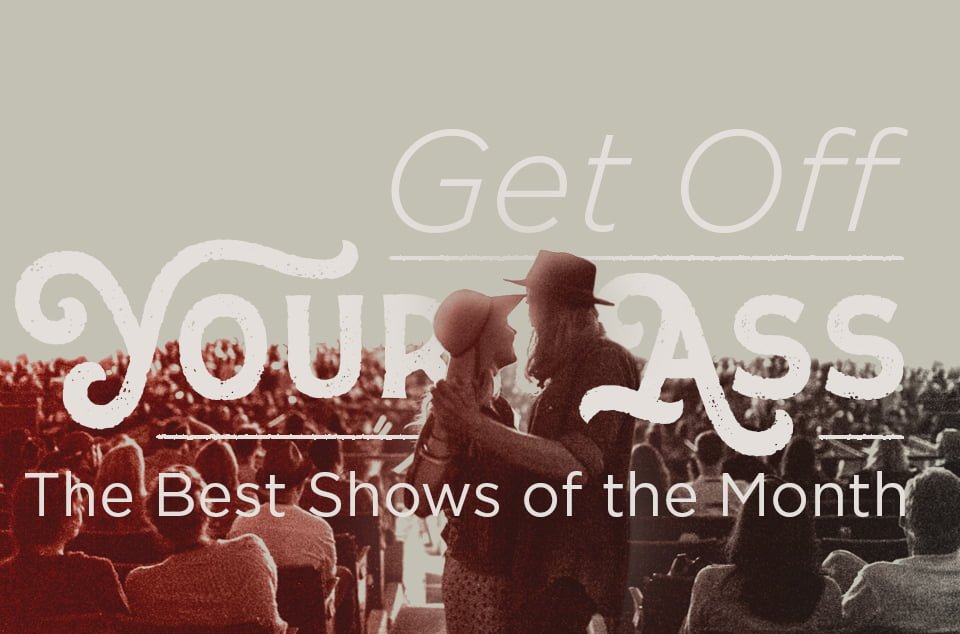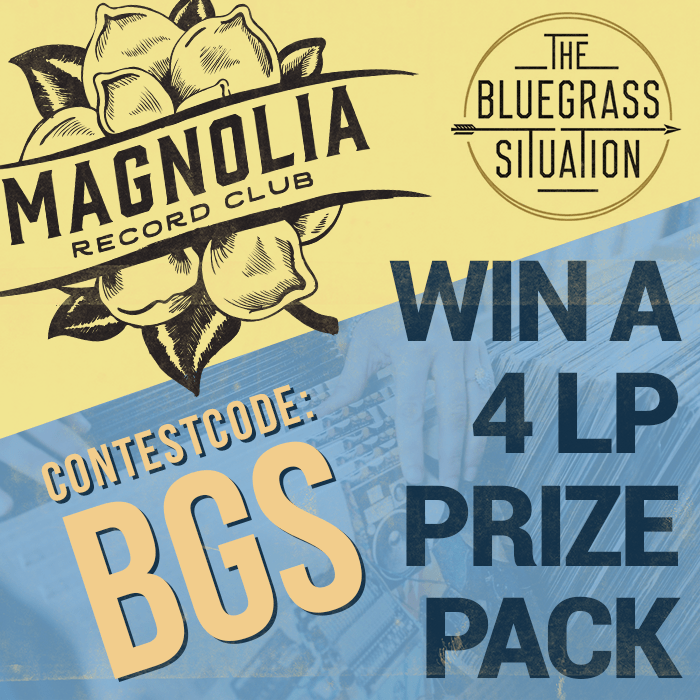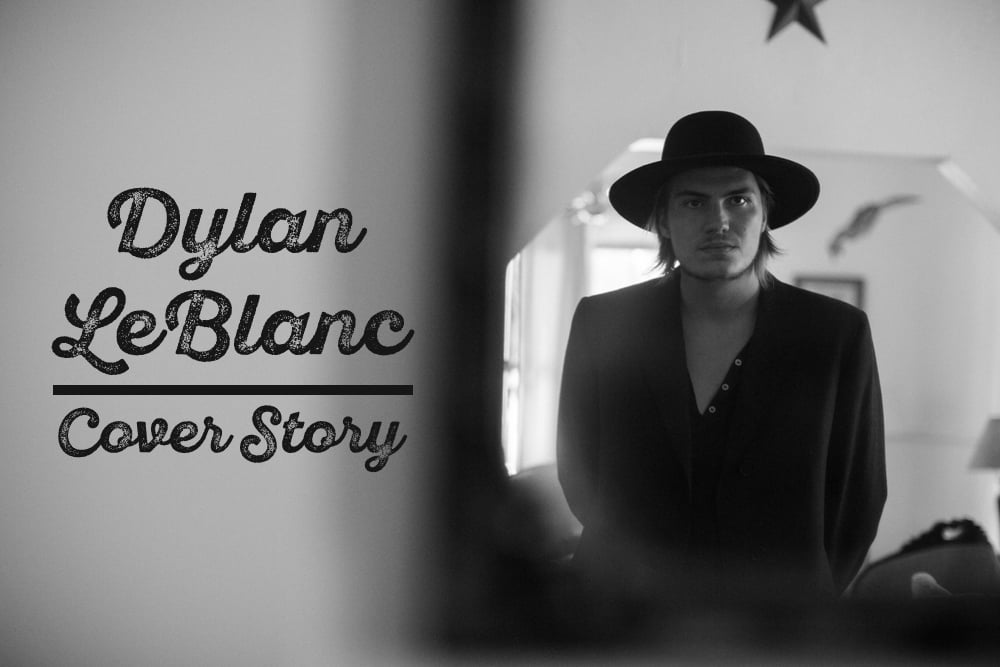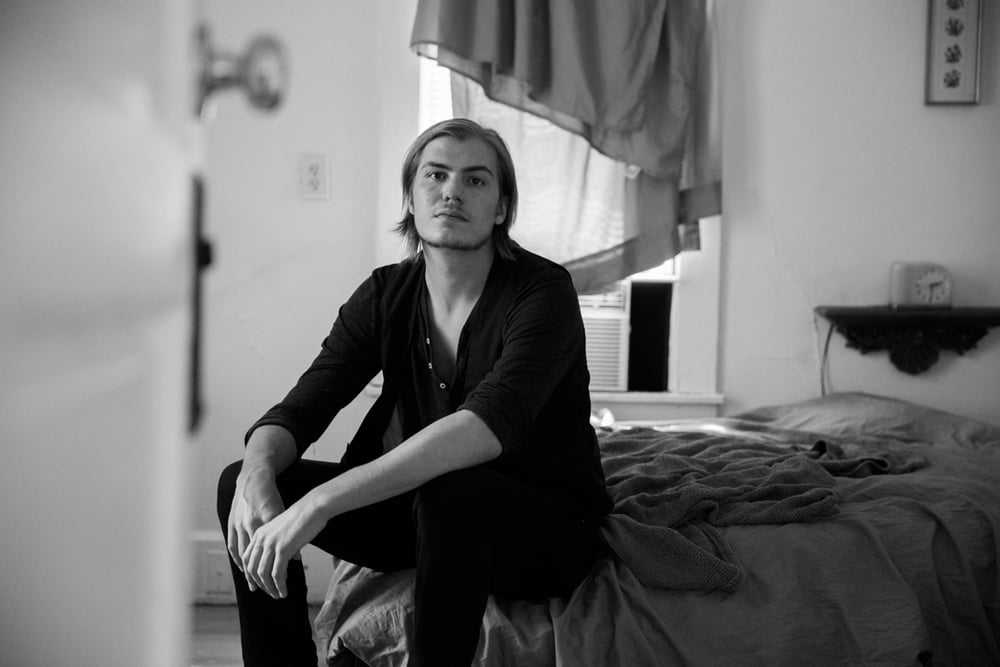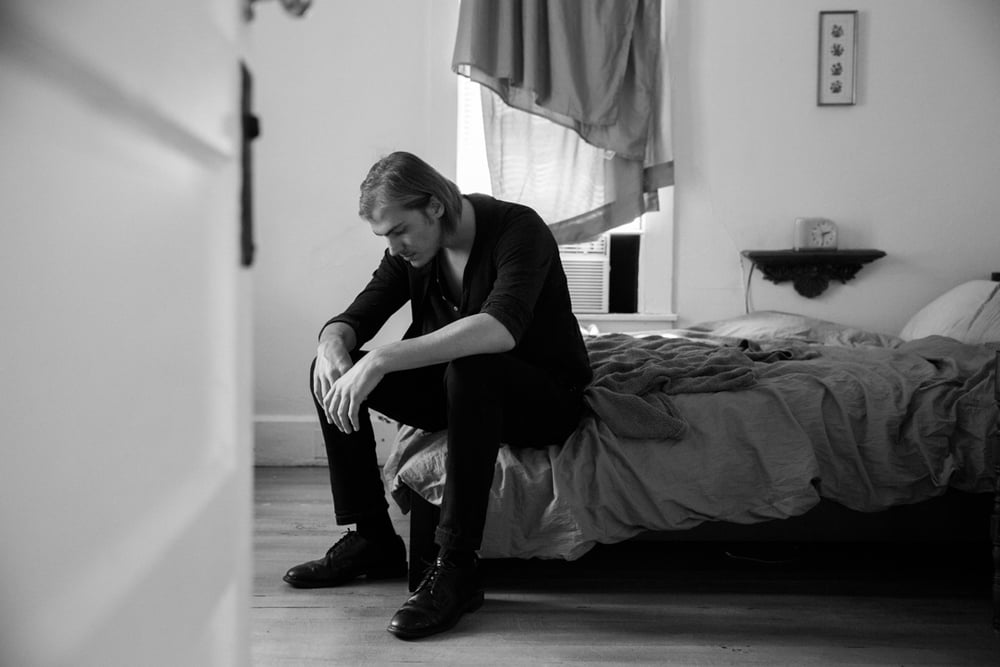Singer/songwriter Dylan LeBlanc grew up splitting his time between Louisiana and Alabama, shuffling from his mom's house to his dad's. On the one side was an oppressively religious upbringing; on the other was a music-filled refuge. But, once his teenage years hit, LeBlanc's demons started to outpace all else, and he began a booze- and drug-filled downward spiral — all while crafting two fairly wonderful albums, Paupers Field (2010) and Cast the Same Old Shadow (2012). To write his new Cautionary Tale, LeBlanc climbed out of that hole, stared down those demons, and churned out 10 exquisite songs. He then surrendered himself and his compositions to the mercy of producers John Paul White (The Civil Wars) and Ben Tanner (Alabama Shakes), and the result is nothing short of magnificent.
Paint me a picture of you as a kid … Loner? Book nerd? What was going on for you down in the Southern wilds?
I was kind of a bad kid, actually. [Laughs] I was a bit of a kleptomaniac. I remember, in class, I would be seated away from all the other kids. I had to sit up in the front of the class, facing the chalkboard, away from the classroom because I disrupted class a lot. I would also steal candy from the other kids and I also stole candy from my teacher's desk. I remember that was a real big thing.
Wow.
Yeah. There was one more kid that was also bad and, eventually, he was moved up to there, so it was me and him up there. [Laughs]
[Laughs] What was behind all of that, you little candy thief?
I don't know. I have no idea. I was a bit of a liar, as well. I liked to tell fibs — really crazy fibs that were totally tall tales. Just extravagant. That was when I was really little, like 5 until I was 7 or so. I got a spanking from everybody in my family for the last time I stole the candy. I got a really bad whipping from my mom, and I think my dad drove all the way out there to give me a whipping. My step-dad whipped me. It was crazy. That was the last time I ever stole anything.

Then you had the much-written and talked about late teen years. During that time, what sorts of people did you have around you — were they more protective of you or more enabling?
Well, I didn't have any friends up until I started smoking pot. We didn't come from a lot of money. The school that I went to was mostly wealthy children. And I always had something against people with money. I guess it was because they treated me and my sister kind of badly. We didn't wear expensive clothes. I always wanted to fit in, but I usually just withdrew from all that and played my guitar … in my early teens — we're talking 11, 12, 13, and all through middle school.
I remember, when I was about 15, I met this other kid who played guitar in high school. That was, like, my freshman year of high school. His name was Daniel Goodwill. He played guitar and liked Jimi Hendrix, and he liked Bob Dylan, and he liked the Byrds. He knew a whole lot more about music than I did, and a whole lot more about classic rock. I really liked him and we became best friends. He also smoked pot. I remember, when I started smoking pot, I started getting a whole lot of new friends. [Laughs]
[Laughs] Funny how that works, hey?
It is. It is. You kind of find that you go toward the like-minded people who are similar to you.
With all that in your rear view, where are you today? What are the things you cherish these days? What are the things you're striving to achieve, as a person and an artist?
All around, I'm striving for a balance, today, in every aspect of my life — in my artist's career and my personal life. I've always been extremely up or extremely down, in one aspect or the other. You could just call it extreme, one way or another. Personality-wise, I'm either extremely happy and ready to take over the world or extremely not happy. Some call it manic.
In this day and age, I'm trying to achieve some sort of balance — not get too high, not get too low. Stay somewhere in the middle. I don't drink anymore. Don't do drugs anymore. That helps a lot. [Laughs] And I'm starting to get back to normal, I think. I think.

There's a lot pouring out of you on this record, a lot of speaking truth — and surrendering — to various powers. Which of these songs are proving to be the most healing for you or the best way to get things out?
This record is really about somebody who's in the process of just waking up. I was so naïve or undeveloped or whatever the heck you want to call it … I don't know. But I was really gullible and I lived in a lot of fear for most of my life, up until a few years ago. I had all these people telling me … my mother's side is very religious. I grew up with that whole ideology just pounded on me, all of my life. I carried that religious guilt.
And that really started to weigh on me and, finally, I cracked. I couldn't carry it anymore. There was this big process of un-learning all that shit that people had been putting in my head all those years. It's not their fault, either. It's not like I'm angry at them. That's where they came from. They could not help it, either. They were scared, and they scared the hell out of me. So I had to let all of that go. But that didn't happen until … it was well after my first album had come out. It was like 2012. When my grandfather died, really, is when I started to understand some things. So I started to un-learn a bunch of things.
It's funny what witnessing death and grief and those various processes … it puts a lot of things in perspective. You figure out what's worth fighting for and what's not.
I started asking myself questions like, “Why am I the way that I am?” I just wanted some relief … from myself. I put myself through all this stuff. I keep repeating the same mistake over and over again. I feel bad about it, but I can't do anything about it. I'm not capable of doing anything about it. A lot of people don't understand that. They don't realize that they're not capable of doing anything different until they let go of all these old ideas and all of the shit that they've been dragging with them all their lives.
I completely unraveled, first. That's the first thing that happened. I completely lost my mind. It had been building up and building up and building up. I mean, I lost it. Big time. Like certifiably a nut job. With that, came a large amount of fear, like, “Oh my God. How am I going to get through this life with all this anxiety and all this fear?” I couldn't live with it anymore and I was ready to check out, but I knew I didn't have the courage it would take to check out. All of this crap going through my head. I just decided that I needed to go in another direction altogether. I couldn't live with that guilt anymore. I couldn't stop hurting people. I couldn't stop hurting myself. I don't think everybody's like that. I think it's the level of disturbance which is inside someone.
I think it's probably a matter of degrees, right? That is inside everybody.
Yeah. It is.
It's just how it manifests. And how controllable it is … what tools we have.
Exactly.
So you come out of that and go into these songs. To work with John and Ben on this thing … how important or imperative, maybe, was it for you to have the safe harbor that they were to dock these songs in and get them right?
It was important to me to let somebody else take the reins. It was good for my ego. It was good to humble me. It was good for me on more levels than one. I'm really bad about, especially when it comes to my songs … I want to hover over everything. I want things to sound a certain way. I want to cover them up with this and that. John is a musician who's been doing it for a long time. And Ben has also been doing it for a long time. I needed the objective ears.
I'd worked with Ben for both of my other two records that came out before this one, but it was something that I needed to do and try. It was, “Well, I've tried this and that didn't work.” Neither one of those albums were successful, no matter what the press says about it. I don't know what they're talking about with, “the success of the first two albums.” Paupers Field sold 5,000 copies and Cast the Same Old Shadow is at 1,200, as we're speaking right now. [Laughs] They just did not sell any records and nobody cared.
I knew I couldn't write other than for anybody but me. I'm not that kind of artist. I know that they know what to do with what I do. I liked John, as a songwriter. I liked him because he was very laid-back, but he's also very firm, when he needs to be. I needed that objective ear. And I needed the organization because my thoughts run like crazy, and I want to try this and I want to try that. I needed somebody to mediate the thoughts going through my head. Like, “Dude, we don't need four tracks of pedal steel guitar going on one song. You don't need to layer six guitars. We're not going to try 50 different string parts on one song. This is what we're going to record. And we're going to do it deliberately, and we're going to be very organized. And you're going to sing this where we can understand the words. It doesn't matter how many times you have to sing it. I want a vocal that I can understand every word you're saying.”
Sometimes, I was very resistant, like, “I hate this and I don't see where you're going.” And they'd say, “Look, you asked us to do this. Now you gotta trust us.” It was great. It was great for me. I humbled myself and said, “You're absolutely right. I need to step back and let you do your thing because that's what I asked for.”

Talk about surrendering yourself to a higher power …
Yeah, it's a lot like that. Just letting go. And I did. I totally let go. Everything you hear on that record, it's John Paul and Ben. That's them. They arranged a lot of the parts. I mean, we collectively did, but they had a lot to do with it. Ben's really great at achieving something you want, sonically. I really wanted to stick close to that late '60s/early '70s rhythm section feel and we knew that going in, so it was cool.
Your record and Andrew Combs' record last year … it's my favorite sound to hear. I grew up in the '70s. That's my childhood, my comfort zone. You're my musical mac 'n' cheese, Dylan. [Laughs]
[Laughs] Well, I'm glad to be!

Where do you think your songs originate — do you feel like they come from you …
Absolutely not. I don't know where they come from.
… or through you?
Yeah. Through me. I don't know where they come from. I think it's definitely a gift that you're given … I don't know from what, but there's definitely a creative intelligence out there that's greater than me. I don't know what that is. I don't think it's left up to me whether or not I'm able to create a piece of work that's worth anything. I think that comes from something else. And, if it touches people, it definitely isn't from me.
I heard Merle Haggard say something so cool one time and it was on a documentary. He said that what people don't realize is that the singer is secondary to the song. It's so true, man. The song is where it's at. He said he realized that when this Black child came up to him, touched his face, and started singing his song back to him. He said that was the moment he realized the singer is secondary to the song. That just gave the chills. I just thought that was so right on.
Photos courtesy of the artist
